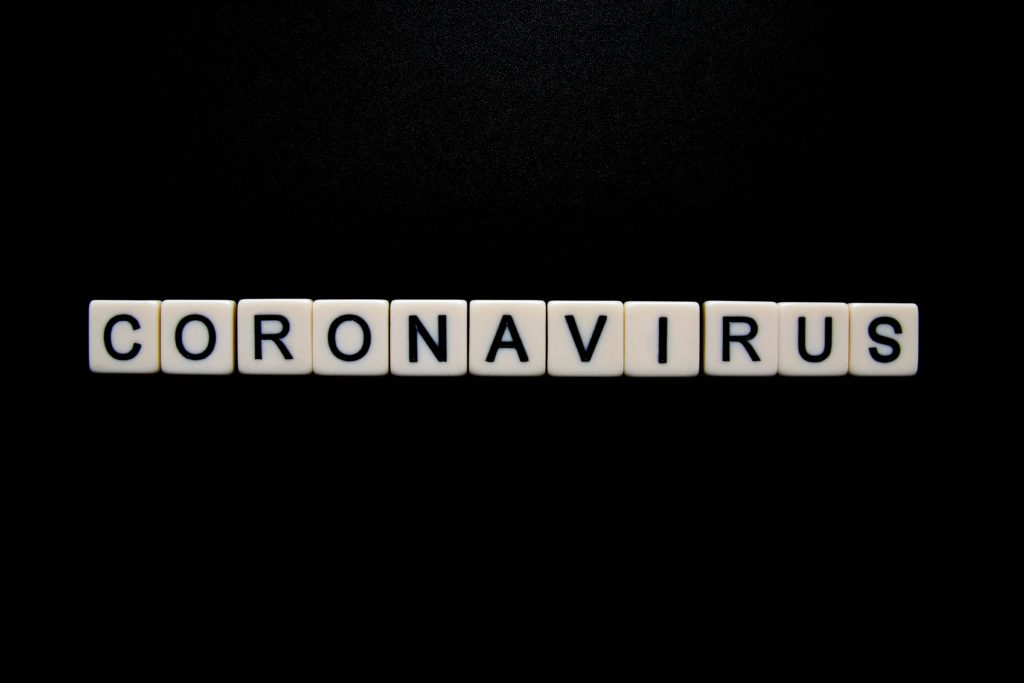How to reduce the stigma around Covid-19

“Viruses don’t discriminate, people do” is a statement that has been used in HIV awareness initiatives. This statement also has a lot of value in the Covid-19 crisis too. It also acknowledges that some people are more affected by the pandemic that others, but also reminds us that there’s a possibility that we can all catch the virus. The stigma around Covid-19 can create an environment of fear and denial, the possibility of being ‘at risk’ or the virus affecting others, not people ‘like me’. This makes people hesitant to protect themselves, to get tested and to seek treatment.
However, there are other ways to protect ourselves and the community in addition to hand-washing, the mask-wearing and social distancing, an important contribution in the time of Covid-19 is to stand against stigma and here are various ways in which you can do that…
- Language matters
Language is a powerful tool. In terms of Covid-19, the way you phrase sentences can have a major impact on the audience you’re speaking to. During this period, we should modify our language to avoid unintentionally upsetting those affected by the virus. For example, instead of using the term ‘victims’, use ‘people affected by Covid-19’, instead of ‘infected’, say ‘affected’. These small adjustments can have a big impact on reducing stigma and increase awareness.
- You are not to blame
Ever since Covid-19 landed on our shores, it’s been an overwhelming rollercoaster ride with the constant public advice about social distancing and if we do catch the virus, we are quick to blame ourselves for being irresponsible. This causes a lot of unnecessary frustration and anger, when you should focus on keeping your health up.
- Talk about it
Silence breeds stigma. Talking about it or opening up to friends, family or even your followers on social media will help normalise it. By doing this, Covid-19 doesn’t become an uncomfortable topic. Talk about your fears, your questions or even your experiences. In addition, listen to what others have to say with patience, kindness and respect.
- Gossiping is a no!
Gossip spreads like wild fire and it should be common sense not to speculate about people’s health or spread personal health information. It’s important to respect each other’s privacy. If someone wants their friends or family to know if they have the virus, let them share it themselves.
- Correct the incorrect
Lastly, rumours and misinformation feeds stigma. Always do your research and make sure you use sources with factual information, and don’t be afraid to correct people if they incorrectly say something about Covid-19.
From us at Voices Unite, we hope you are staying safe in Level 2.
Sharing is caring!
Help us spread the word about Voices Unite:


